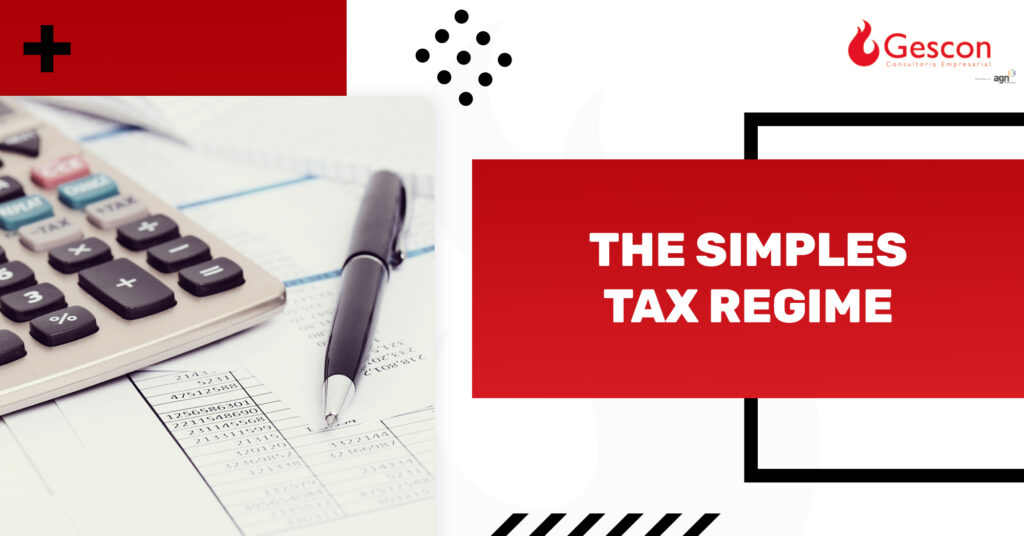Address
304 North Cardinal St.
Dorchester Center, MA 02124
Work Hours
Monday to Friday: 7AM - 7PM
Weekend: 10AM - 5PM
Address
304 North Cardinal St.
Dorchester Center, MA 02124
Work Hours
Monday to Friday: 7AM - 7PM
Weekend: 10AM - 5PM



Today we will explain to you how the SIMPLE tax regime works in Brazil and how it can be strategic for your business in the Brazilian market.
To open a company in Brazil, every entrepreneur must choose between three tax regimes: SIMPLE, Presumed Profit and Real Profit. If you want to get general information about each of them, we publish the article “Choosing the right tax regime in Brazil” in our blog.
In this context, SIMPLES is a regime that has important advantages – and that may be relevant to specific business models. The option for this regime is one that will reflect on several financial issues, such as billing limits, company size and the way in which taxes will be paid.
One of the main objectives of the Brazilian authorities when instituting the Simples Nacional is to reduce bureaucracy and costs for small businesses. The strategy to achieve this objective is to create a unified tax collection system, which promotes a series of advantages for companies.
Can all companies opt for SIMPLES?
Directly, the answer is no. This is not an option that is widely available. Some companies are excluded from SIMPLES for various reasons, such as business activity and financial ceiling established by the tax authorities.
A particularly relevant point is that the legislation governing SIMPLES establishes that companies that have foreign partners cannot opt for the regime.
This is a limitation, however, that can already be circumvented through the so-called Angel Investment, a modality in which the foreign investor will not be part of the corporate structure. Another commonly used model is the operation through commercial representation with a contractual and non-corporate bond.
In the broad case, SIMPLES is applicable to Micro and Small Companies, which represent businesses of up to R$4,800,000.00. According to SEBRAE (Brazilian Support Service for Micro and Small Business), there are 13.5 million small and medium-sized companies in the country, responsible for 30% of the Brazilian GDP.
In addition, there are several circumstances that prohibit some companies from adhering to Simples Nacional. Doing some types of work is one of them.
In Brazil, the activities performed by companies are classified by a code called CNAE (National Classification of Economic Activities). Some CNAEs are excluded from SIMPLES, such as:
What are the advantages of SIMPLES?
As stated at the beginning of the article, SIMPLES came as an alternative to reduce the complexity of tax collection in Brazil. This tax regime is governed by Complementary Law 123/2006, which provides a series of advantages for the entrepreneur.
One of the biggest benefits of Simples Nacional is to group together a series of complex tax obligations, which would be collected individually in a single collection.
As a rule, the following taxes are included in SIMPLES:
How to choose SIMPLES as a tax regime
The option for this regime is made annually, until the last business day of January. If your company is classified in this modality, it will be considered as part of Simples Nacional since 01/01 of the year of application.
To make this framework, it is essential that the entrepreneur receives competent and personalized accounting guidance. Today’s article demonstrated the importance of studying the exceptions and specific strategies for each company in choosing SIMPLE.
Gescon has extensive experience with compliance and tax planning. Get in touch with us through our website. Our team is at your disposal to bring security to your business, enabling you to operate in the Brazilian market in line with all legal standards.